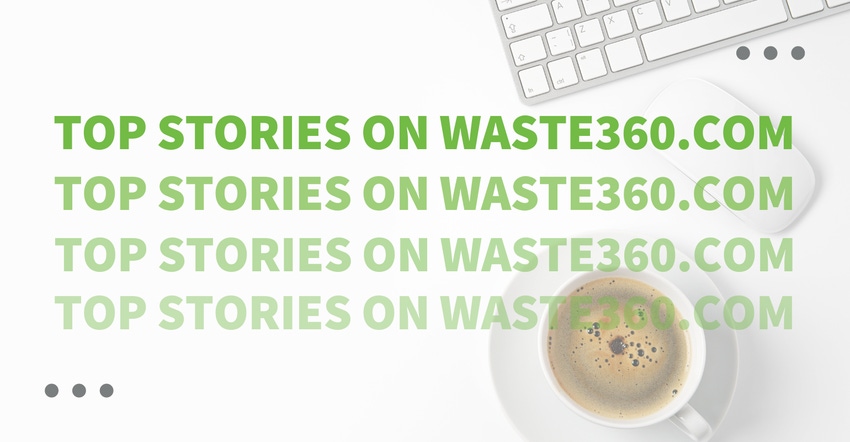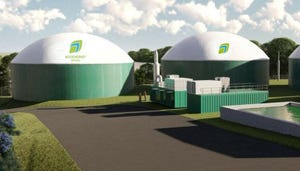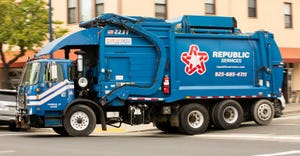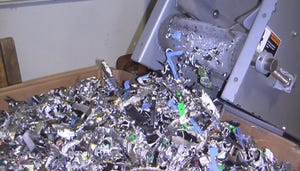This Week in Waste: Top Stories August 22 - 26
Innovations and legislation continue to drive the burgeoning recycling industry. From microwave-based battery recycling to Colorado's EPR, Waste360 readers received insight on how the future of the industry is being shaped. Here are this week's top stories.

1. Episode 162: Living the 3 Rs (Reduce, Reuse & Recycle)
Liz Bothwell
On this episode of NothingWasted! we sit down with Amy Uong, Waste360 40 Under 40 Winner and deputy general manager of Sims Municipal Recycling. Uong walks through some of the current issues she runs into working in the recycling industry and providing for the New York/New Jersey metro region. She expresses the importance of education and informing people how to properly recycle.
2. Would Microwave-Based Alkaline Battery Recycling Work at the Local Level?
Stefanie Valentic
As society grows closer to technology, we rely on the use of batteries much more than ever. Due to this, tons more batteries are being produced and thrown away each year, a great deal of which are alkaline batteries. This has become a problem for the waste and recycling industries as they are burned with disposing of this material that has yet to have a structured disposal system.
3. Plastic Odyssey Embarks on Transcontinental Expedition to Showcase Micro Recycling Factories
Arlene Karidis
In 2017, Simon Bernard, a former merchant Navy officer, launched Plastic Odyssey. During his time in the Navy, Bernard become very familiar with all of the plastics floating in the oceans and sought to start a company that could play a role in eliminating this. Plastic Odyssey is a company aimed to connect plastic recycling organizations and entrepreneurs across the globe as a means of building a more interconnected recycling infrastructure internationally.
4. Manufacturer/Recycler Revolution Gives Agriculture Waste a Second Life
Arlene Karidis
The industry responsible for geomembrane films to control humidity, greenhouse cover films, and polytube for irrigation is expected to be worth about $16.10 billion by the year 2030. The growth in production of these supplies is concerning due to the traditional means of disposing of the tools at the end of their life; by burning them. It is typical to put these plastic materials in a field and burn them, releasing toxic gasses into the atmosphere. A company called Revolution is working to change that fate for as much of the material in these tools as possible.
5. Coast to Coast: The Double-Edged Sword of Beachside Tourism
Jonathan Pierron
Across the Great Lakes and Beachside regions of the United States, tourism and recreation is identified as the largest sector of their economy. Beyond just the impacts it has on the environment, protecting the natural beauty from litter and poorly disposed waste has become of utmost importance to local governments due to its integral role in their region's economic success. With this public government support, different beach communities have approached the issue in different ways, one of these communities being Sunset Beach, North Carolina. In this photo gallery, look through the prominent signage the community has placed throughout their attractions to prevent waste from being disposed of in a careless way.
About the Author(s)
You May Also Like


